Pahalgam terror attack: A brutal assault on innocents and J&K’s aspiration for peace
In the face of grave provocation, Jammu & Kashmir’s trajectory remains focused on constitutional integration, economic development, and social harmony. The courage of individuals like Syed Adil Hussain Shah and the unwavering public resolve offer hope that terrorism will find no foothold in the valley. The region marches toward lasting peace and prosperity, undeterred by the divisive agendas of external actors.
The April 22 terror attack in Baisaran Valley, nestled within the Pahalgam region of Jammu and Kashmir, serves as a harrowing testament to the ruthless tactics of cross-border terrorist groups seeking to destabilize the region. Shortly after the assault, The Resistance Front (TRF)—a known offshoot of Lashkar-e-Taiba with a bloody history—claimed responsibility.
In this barbaric attack, over 27 innocent tourists lost their lives, while more than a dozen others suffered serious injuries. The assailants systematically targeted victims based on their Hindu identity, executing them with merciless precision. Husbands were slain before their wives, fathers gunned down in front of their children, and newlywed couples brutally separated. The sheer inhumanity of the incident is underscored by one devastating account: a woman who witnessed the murder of her husband begged the terrorists to take her life as well, yet they deliberately spared her. Instead, they chillingly instructed her to “go tell Modi,” using her as a living testament to their brutality.
This act of terror was not just an assault on innocent lives—it was a calculated attempt to instil psychological fear, sowing chaos in its wake. Yet, in the heart of the carnage, a moment of extraordinary defiance emerged.
Syed Adil Hussain Shah, a 28-year-old pony ride operator from Baisaran Valley, displayed immense bravery when he tried to wrestle a weapon away from one of the attackers in a desperate bid to protect the tourists under his care. In that fleeting yet heroic moment, he stood against terror with nothing but his courage. Tragically, he was shot and killed during this selfless act.
Shah’s sacrifice has since resonated across the region, serving as a powerful symbol of resistance—a testament to the unwavering spirit of ordinary Kashmiris, who reject terrorism and yearn for lasting peace.
Unprecedented Condemnation anddecisive response
The timing and location of this attack—just ahead of US Vice President JD Vance’s visit to India and Prime Minister Modi’s trip to Saudi Arabia—strongly indicate a deliberate strategy to destabilize the region and provoke international attention. This echoes past instances, such as the 2000 Chattisinghpora massacre, where terrorists murdered 35 Sikhs during US President Bill Clinton’s visit to India, exploiting a high-profile diplomatic moment to amplify their agenda. However, what sets the Pahalgam attack apart in Jammu and Kashmir’s history is not just the direct targeting of tourists but the unprecedented and widespread condemnation it provoked. For the first time, massive protests erupted across all districts of the Union Territory. Candlelight marches and vigils were held to honour the victims, cutting across religious and political divides.The Jammu and Kashmir Legislative Assembly unanimously passed a resolution condemning the attack, while political leaders from all parties expressed their outrage. In a historic gesture, congregants at Jamia Masjid, led by Mirwaiz Umar Farooq, observed a one-minute silence to mourn the Pahalgam attack victims. Mirwaiz condemned the killings as a “heart-wrenching tragedy” and cited the Quran to denounce the murder of innocents, reflecting a clear shift in public sentiment against violence.
The Indian government responded immediately and decisively to the Baisaran Valley terrorist attack. Diplomatic relations with Pakistan were downgraded, including the expulsion of Pakistani diplomats and suspension of key diplomatic engagements. Discussions on the Indus Waters Treaty were halted, with India formally serving notice to review and modify the treaty, citing persistent cross-border terrorism and changing environmental and energy needs. Additionally, recently, New Delhi imposed economic sanctions by banning imports from Pakistan and prohibiting Pakistani ships from docking at Indian ports. On the digital front, a coordinated crackdown has been launched, resulting in the shutdown of 16 Pakistani YouTube channels—including major outlets like Dawn News, Geo News, and ARY News—as well as the blocking of prominent accounts such as those of former cricketer Shahid Afridi and Pakistan’s current Defense Minister Khawaja Asif, all accused of spreading anti-India propaganda and misinformation following the attack.
In a decisive military response to the Baisaran Valley terrorist attack, India launched Operation Sindoor on May 6, 2025, targeting nine terrorist infrastructure sites in Pakistan and Pakistan-administered Kashmir, associated with Lashkar-e-Taiba and Jaish-e-Mohammad. Precision strikes using Rafale jets and SCALP missiles neutralized several key terror hubs. The operation followed Prime Minister Narendra Modi’s stern warning issued days earlier, during an election rally in Madhubani, Bihar on April 24, 2025. He declared: “Today, from the soil of Bihar, I say to the whole world: India will identify, track, and punish every terrorist and their backers. We will pursue them to the ends of the earth.” The overarching message from New Delhi was clear—there will be escalating costs for those who orchestrate terror attacks against India.
Progress amid Pakistan’s destabilizing efforts
Over recent years, Jammu & Kashmir has made remarkable progress toward normalcy, particularly after the abrogation of Article 370. Militancy has dramatically decreased, with no incidents of stone pelting or strikes reported since 2019, and terrorist activities have dropped by 66%, with an 81% decrease in civilian killings, according to Union Home Ministry data. Local recruitment into militancy has also seen a significant decline, with only seven local youths joining militant ranks in 2024, a 94% drop compared to 2021, when 125 locals had joined. This reflects a sharp fall in local support for militancy, with the number of local militants now in single digits. Notably, in Pulwama district of south Kashmir—once a hotbed of militancy—no new local recruitment has been reported since early 2022. This decline reflects a decisive erosion of local support for militancy, as more youth engage actively in democratic and civic processes.
Recently, many separatist groups (around 12) shunned the separatism and joined the democratic mainstream. Union Home Minister Amit Shah hailed this move and said that separatism was breathing its last in the valley. And earlier during the 2024 assembly elections, many members of Jamaat-e-Islami participated, although none of them won a seat, but their participation in this democratic process sent a clear message both domestically and internationally: the era of separatism is fading, and the people of Jammu and Kashmir are choosing the path of democracy, peace, and constitutional engagement. Internationally, it underscored that Kashmiris prefer democratic participation within the Indian framework over violence and external interference, weakening the narrative pushed by Pakistan in global forums.
This shift toward democratic engagement has been accompanied by tangible progress on the ground. There has been greater progress in the educational sector as well. Previously, due to shutdowns and protests, educational institutions used to remain closed for most parts of the year. Education had suffered greatly in J&K, adversely impacting society. The region’s tourism industry has thrived, with a record 2.36 crore tourists in 2024, including 65,000 foreign tourists, 5 lakh Amarnath pilgrims, and nearly 95 lakh Vaishno Devi devotees. Infrastructure development has accelerated, with projects like the Chenani–Nashri Tunnel (9.28 km) and the Zojila Tunnel (13.14 km) ensuring all-weather connectivity. Higher education has expanded with IIT Jammu, IIIT Jammu, and IIM Jammu’s permanent campus. In 2024, Srinagar successfully hosted the G20 Tourism Working Group meeting, further boosting J&K’s international tourism profile. Cultural, entertainment, and sporting events, such as the Legends League cricket match, reopening of cinema halls, and the return of Muharram processions after 34 years, emphasized the region’s progress toward stability. Major infrastructure projects, such as tunnels, highways, and connectivity initiatives, are currently underway, which will help to boost economic growth and regional integration.The central government’s consistent policies, outreach initiatives, counter-terrorism measures, and developmental strategies have resultedin tangible improvements in social and economic indices in the region.
Nevertheless, these advancements stand in contrast to challenges emanating from across the border. Amid Pakistan’s deepening economic crisis, political instability, and internal unrest—including the Baloch insurgency, evolving dynamics in Afghanistan, complexities in Khyber Pakhtunkhwa, and recent protests in Pakistan-administered Jammu & Kashmir and Gilgit-Baltistan—there are concerns about attempts to destabilize the situation in Jammu & Kashmir. Historically, Pakistan has supported proxy groups to keep the Kashmir issue active on international platforms and exert strategic pressure on India. The region’s strategic significance, linked partly to its critical water resources, further informs Pakistan’s calculations. The use of non-state actors has been a recurring feature of this approach, enabling indirect engagement while avoiding open conflict. These factors continue to contribute to the complex security landscape surrounding Jammu & Kashmir.
Conclusion
Despite external provocations, interventions, and attempts to derail progress, the people of Jammu and Kashmir, after decades of turmoil, have delivered a resounding message—they seek peace, stability, and prosperity. The widespread condemnation of the Pahalgam attack across all societal segments—including unprecedented outrage from Kashmir’s civil society—marks a profound shift in the region’s collective sentiment and psychological landscape.
The remarkable decline in terrorism, the resurgence of democratic participation, and tangible socioeconomic advancements underscore the transformative trajectory of Jammu and Kashmir since the abrogation of Article 370. Pakistan’s persistent efforts to disrupt this progress, driven by strategic compulsions and internal crises, have not only failed to sway local sentiment but have further isolated it on the global stage.
As Jammu and Kashmir continues to embrace constitutional integration, economic growth, and societal harmony, it sends an unmistakable message—the future of the region lies in peace, democracy, and prosperity, not in the divisive machinations of external actors. The courage of individuals like Syed Adil Hussain Shah and the unwavering public resolve affirm that terrorism will find no foothold in the valley, and the march toward lasting peace and progress will continue, undeterred.
Please follow Blitz on Google News Channel
Dr. Imran Khurshid is an Associate Research Fellow at the International Centre for Peace Studies (ICPS), New Delhi. He specializes in India-US relations, the Indo-Pacific studies, and South Asian security issues.
pahalgam-terror-attack-a-brutal-assault-on-innocents-and-jks-aspiration-for-peace

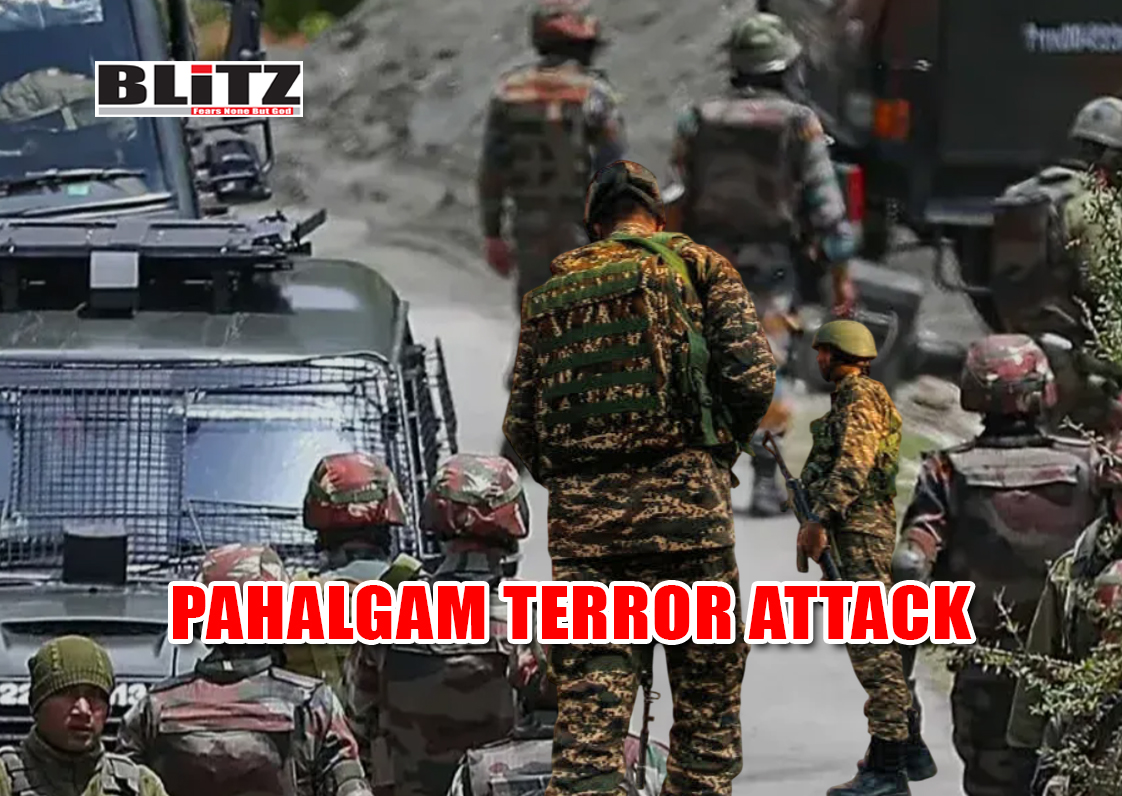
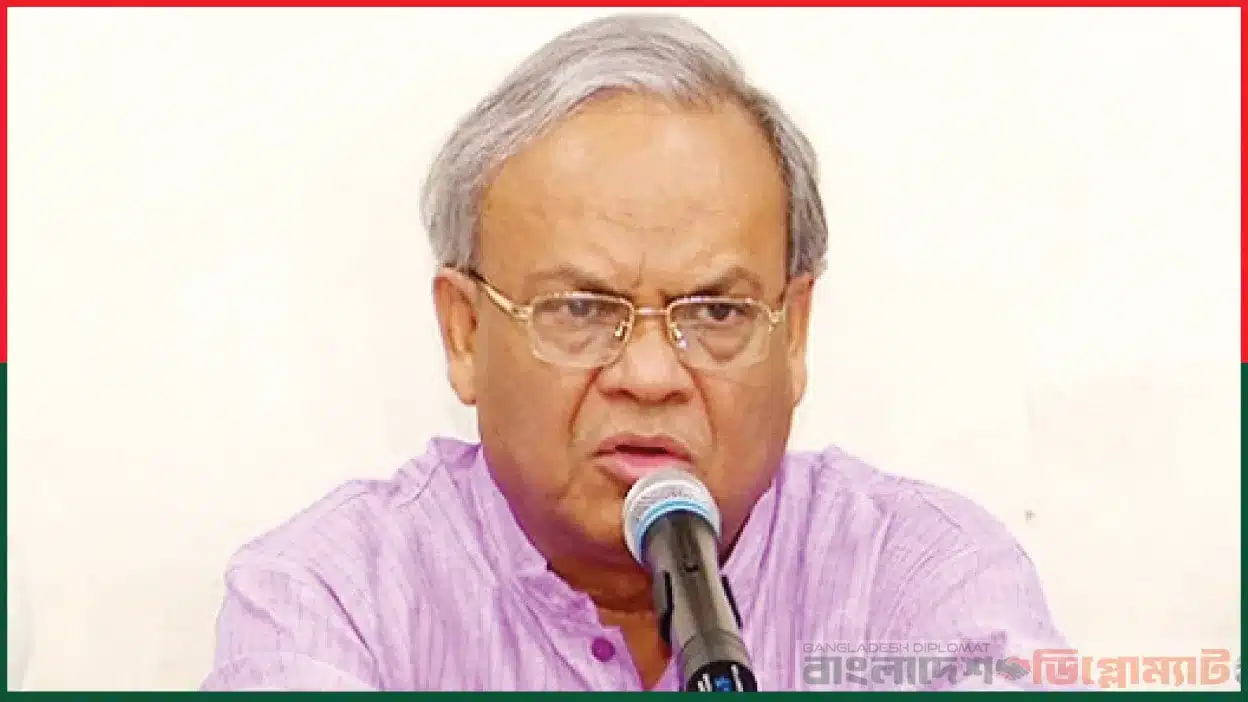
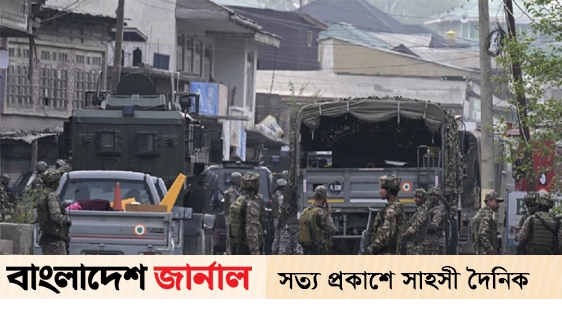

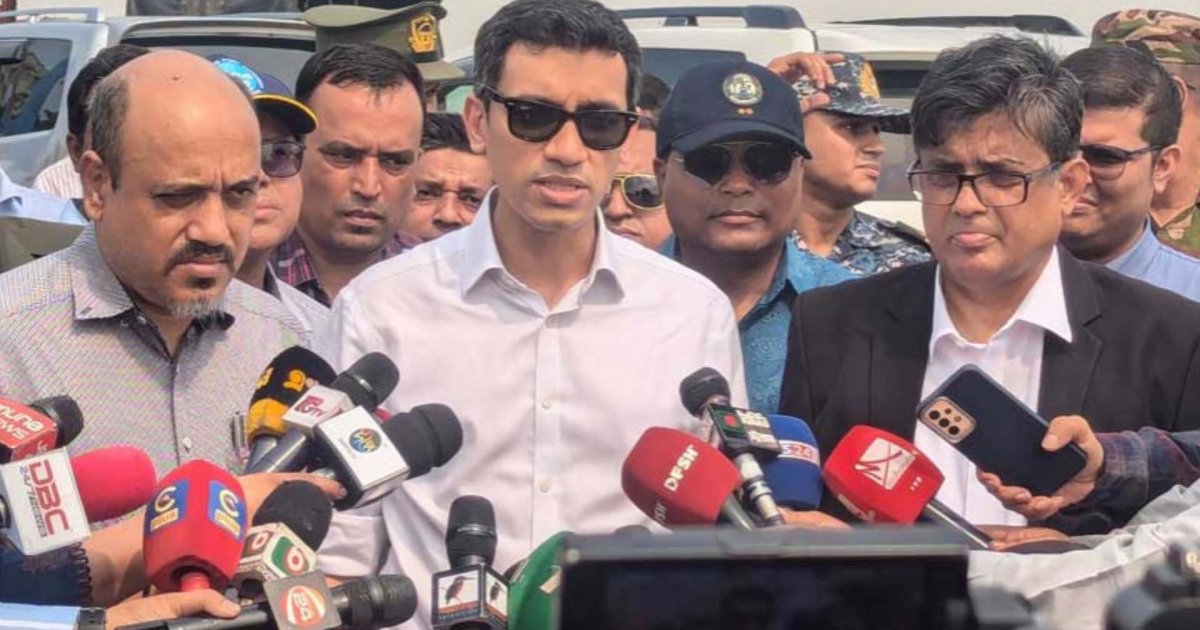
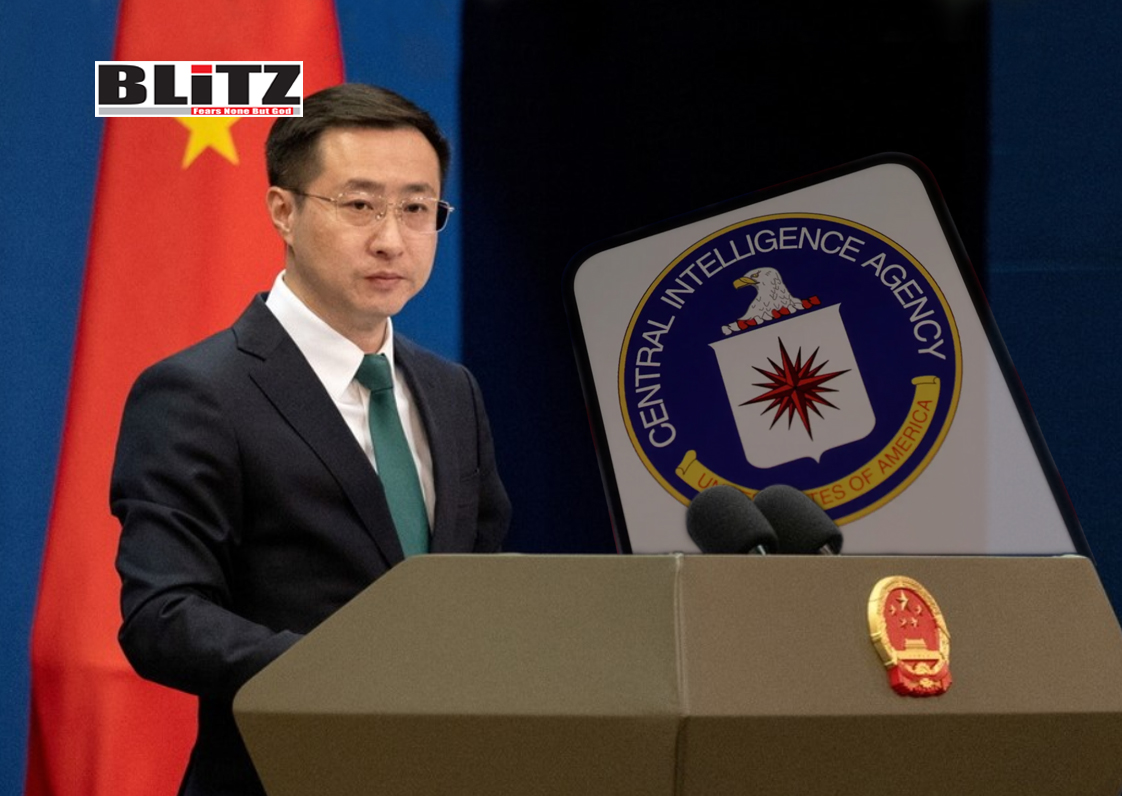
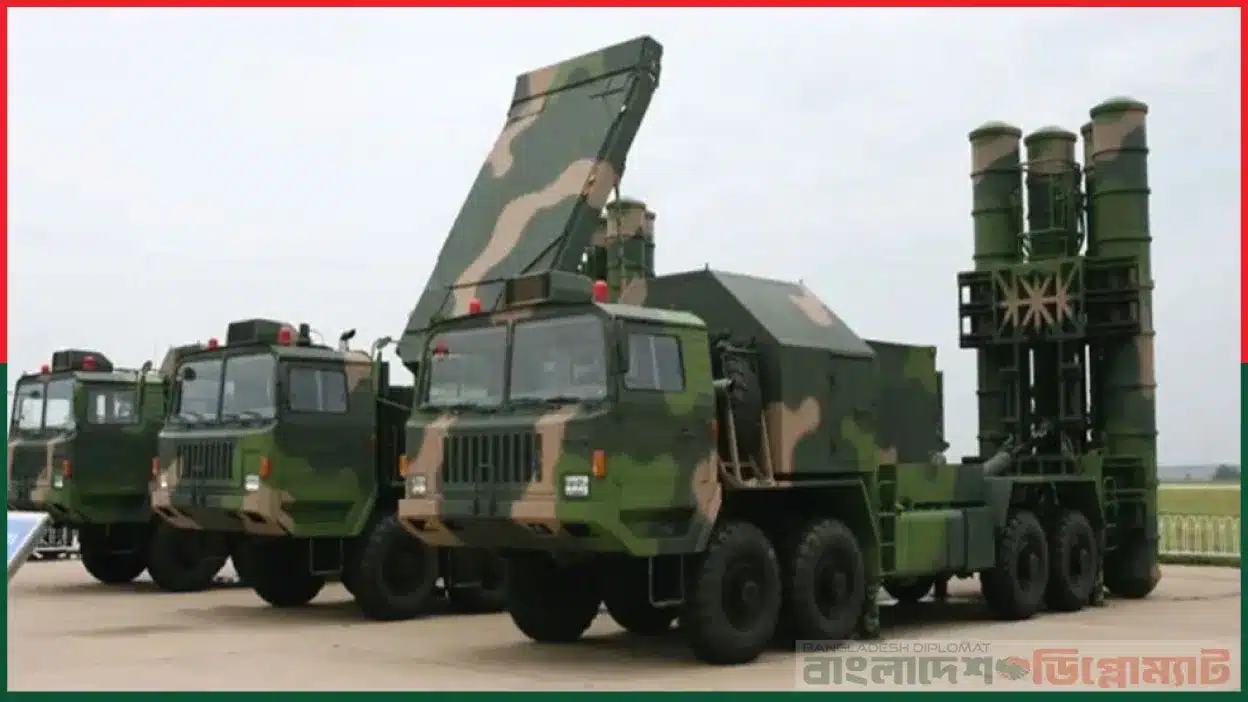
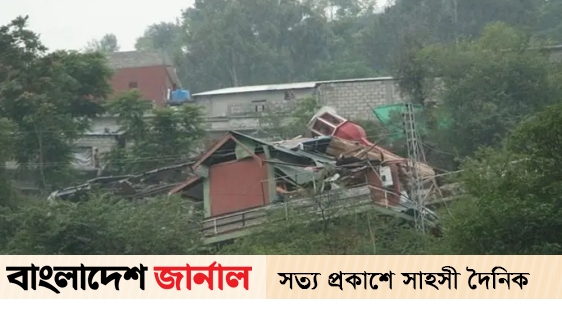

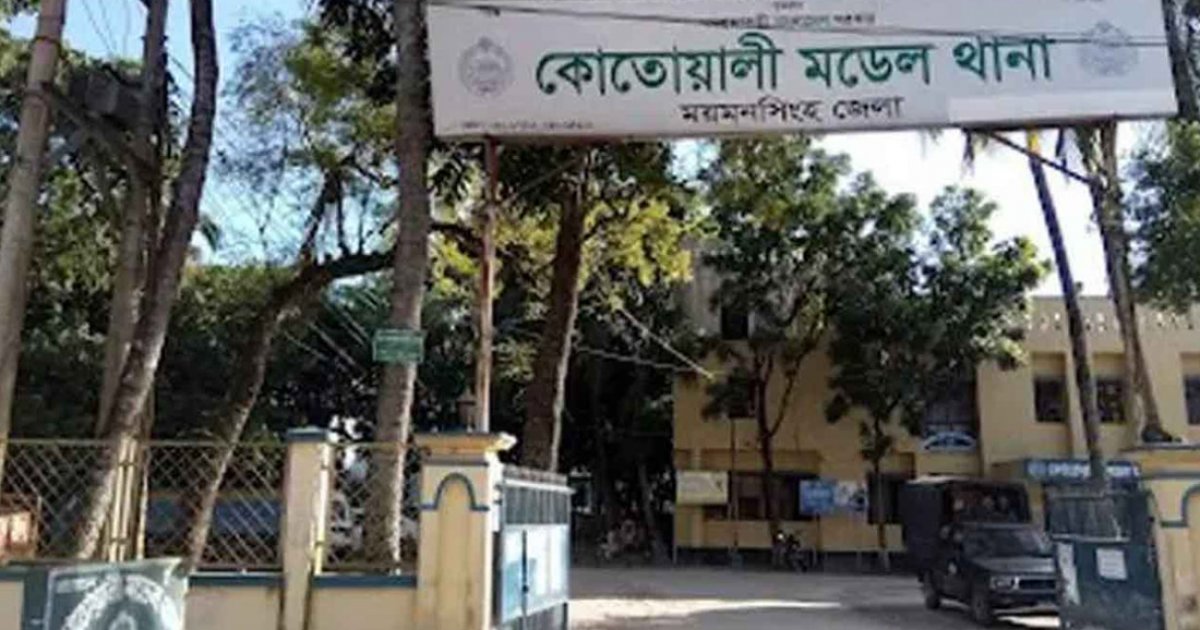
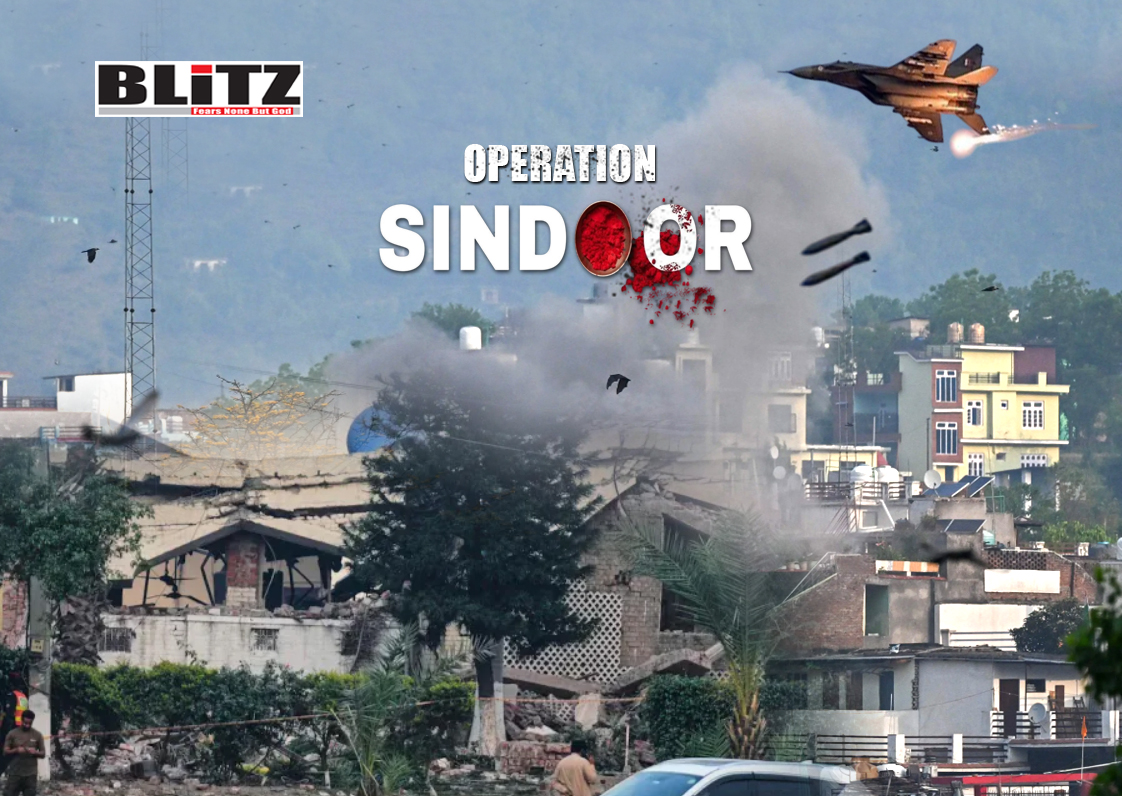
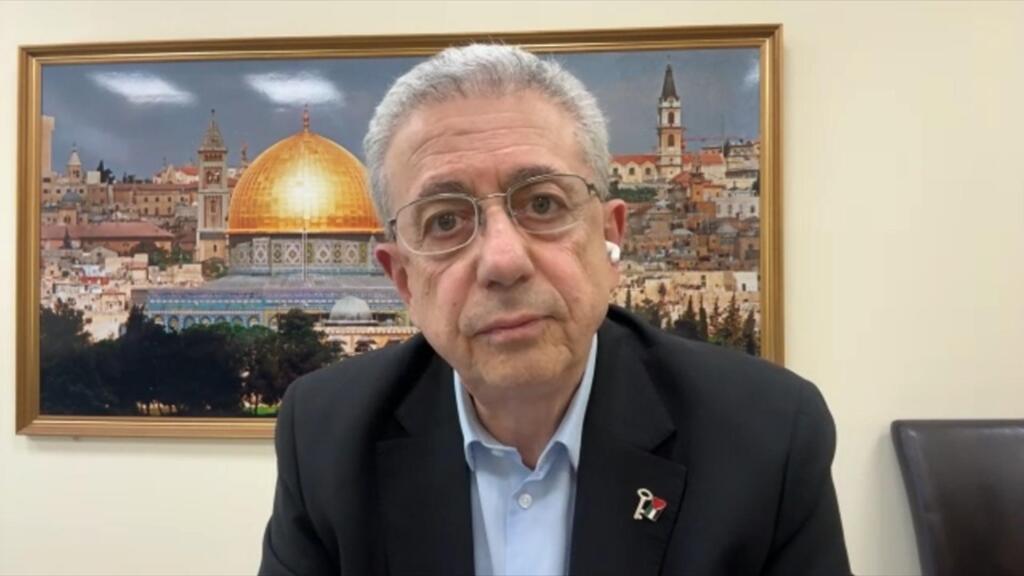


Leave a Reply